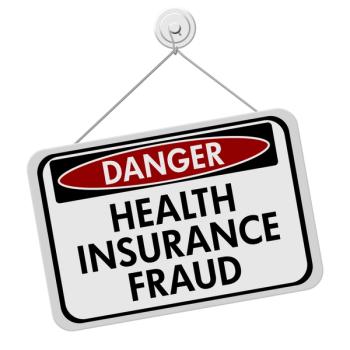
When patients skip the follow-up
What is your liability when patients you schedule for follow-up visits fail to show up?
Key Points
We've all read articles about how to increase practice efficiency by tracking no-shows. What, however, is your liability when patients you schedule for follow-up visits fail to show up?
First, the good news: You're unlikely to be held responsible for a patient's noncompliance. There are, however, certain exceptions to this.
Patients justifiably rely upon physicians to provide them with all relevant information concerning their condition, including the need for follow-up visits. How many of us have experienced situations where a patient, scheduled for a visit to recheck his dangerously high cholesterol levels fails to show up until bothersome symptoms occur or he runs out of his medication?
Patients may be unaware
Never assume that things we know to be true are obvious to the patient. If he has a stable condition that you're monitoring for changes, you must make it clear to him why return visits are necessary. A simple statement, recorded in the patient's record-that he was told that changes or adverse outcomes were possible even with therapy, and he therefore requires repeated checks-will greatly insulate you from liability.
But what of the patient whose condition is less than stable? Let's assume you've treated someone for elevated blood pressure. You've ordered medication that you believe will lower her pressure to acceptable levels, but you can't know if the meds are working without follow-up visits. It's not enough to send her to the front desk to make another appointment. As with the stabilized patient, you need to emphasize the importance of rechecks, at regular intervals, and present the possible consequences if she doesn't comply. If you don't do this, and the patient suffers a bad outcome as a result, you could be held liable for failure to inform her of the potential gravity of her condition.
This problem can be largely avoided if you have a system-a note will do, made at the time of the visit and placed in a "tickler" file-to remind your staff to send a notice or call to make sure patients are coming in for their follow-up work. After that, you've done all you can reasonably be expected to do.
It may seem odd that you're potentially liable in a situation where you've already covered all of the bases. Nevertheless, if you fail in your duty to inform, and the patient suffers an adverse event, the patient's lawyer may come calling. That's a situation no physician wants to find himself in.
Bottom line: While it's unlikely that a patient's failure to keep a follow-up appointment would expose you to significant liability, it's possible-but it's also easily avoided.
The author is an internist and a health law attorney in Philadelphia. He can be reached by e-mail at
.
This department answers common professional liability questions. It isn't intended to provide specific legal advice. If you have a question, please submit it to Malpractice Consult, Medical Economics, 123 Tice Blvd., Woodcliff Lake, NJ 07677-7664. You may also fax your question to 201-690-5420, or e-mail it to
.
Newsletter
Stay informed and empowered with Medical Economics enewsletter, delivering expert insights, financial strategies, practice management tips and technology trends — tailored for today’s physicians.






